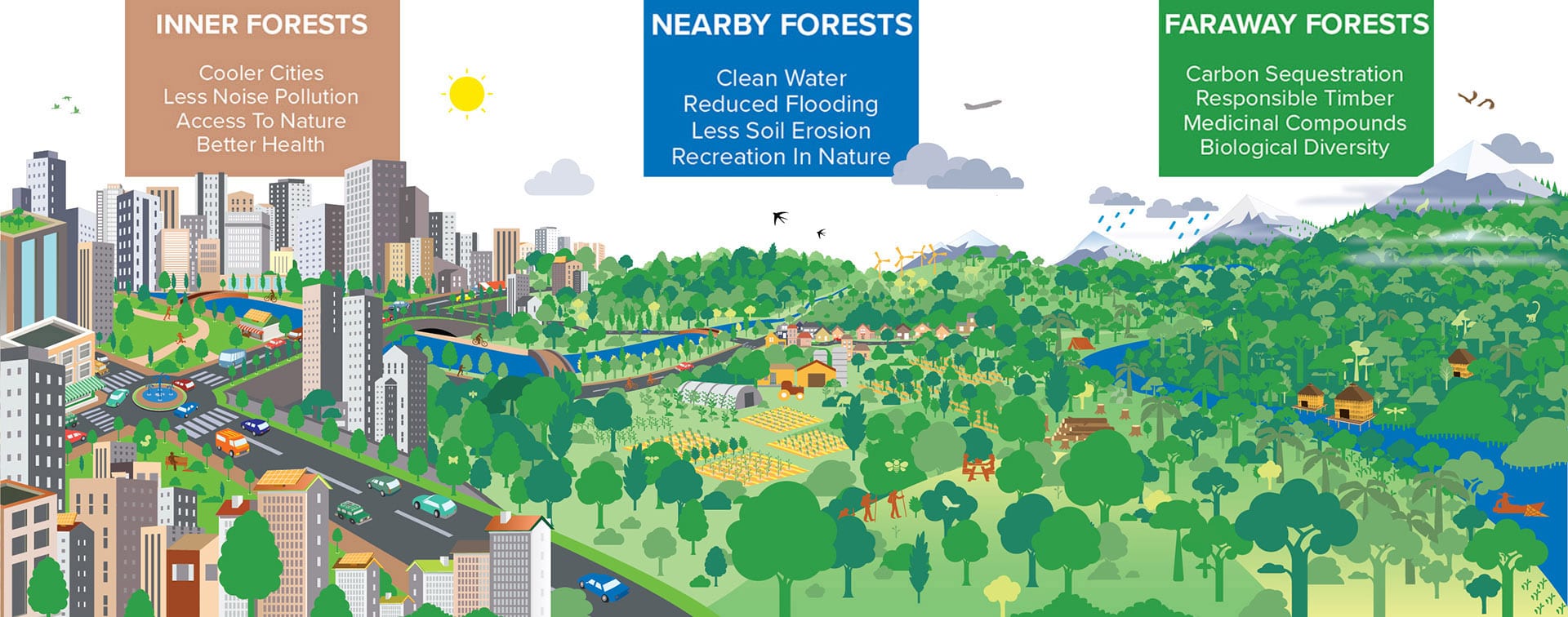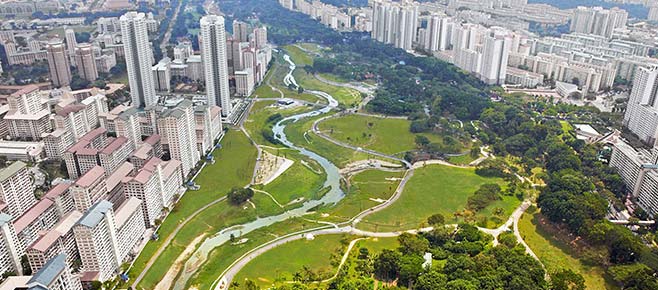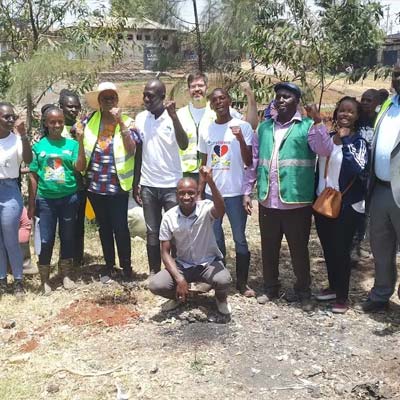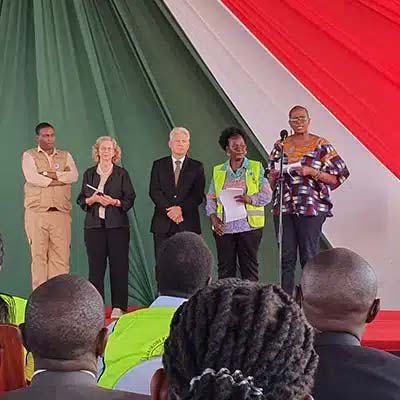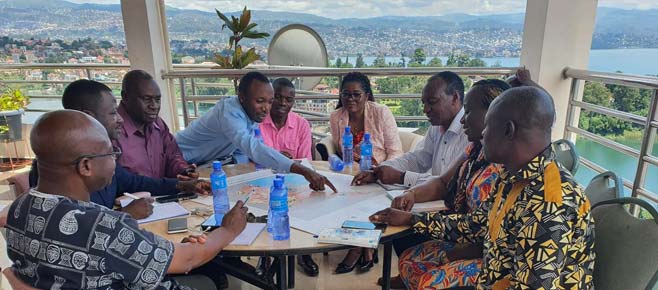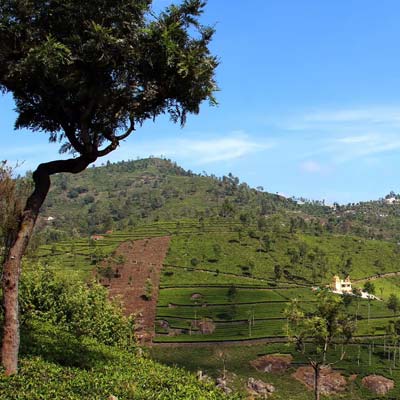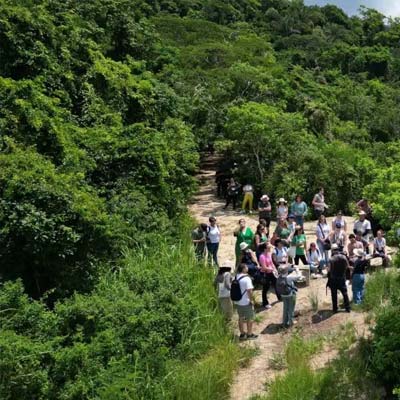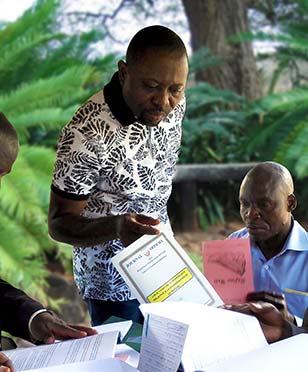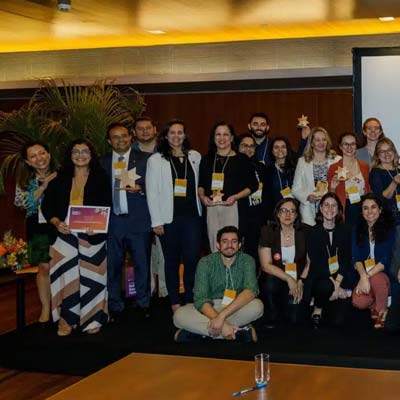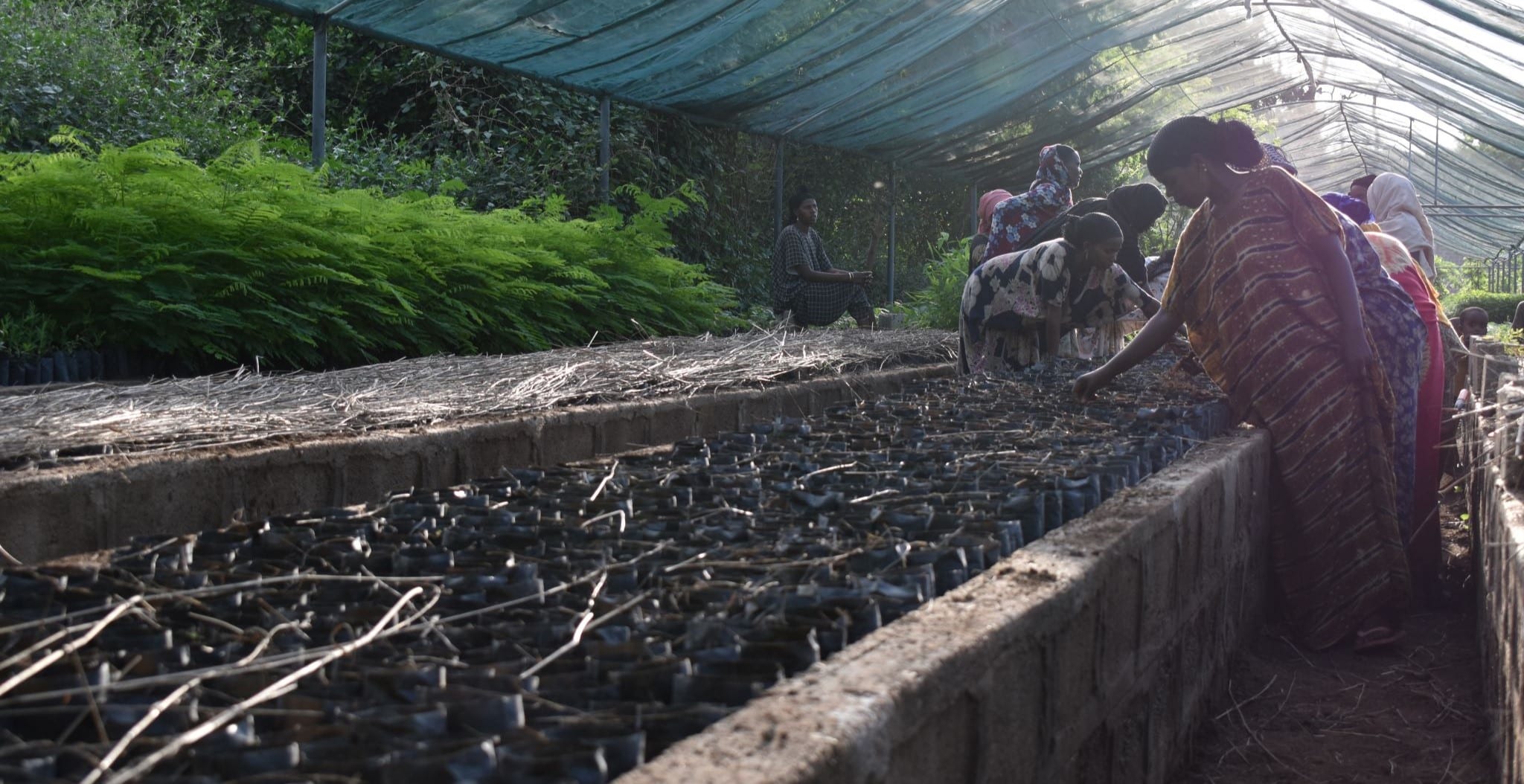Cities4Forests, co-founded by Pilot Projects, REVOLVE, and World Resources Institute, is a voluntary coalition of more than 60 cities, supported by global, regional, and local partners including Norway’s International Climate and Forests Initiative (NICFI), the UK Government, and Fundación FEMSA. We work with cities to help them recognize their interdependence with the world’s forests and use their political, economic, and cultural power to conserve, manage, and restore them. We raise awareness of the benefits of trees and forests (especially for the climate, water, biodiversity, and human health and well-being), and catalyze forest-positive city actions, policies, and investments by providing tailor-made technical assistance.
We recognize the triple bottom line benefits of equitable, sustainable, and efficient projects. To help cities integrate considerations in their forest-related work and other , this Learning Guide presents the latest research and resources to guide global cities toward positive, equitable, and forest-related projects.
This Learning Guide uses the Cities4Forests categorization of forest levels –
- Inner Forests – Trees and green infrastructure within city boundaries, including street trees, parks, and open green spaces
- Nearby Forests – Trees and forests adjacent to cities, such as in watershed areas
- Faraway Forests – Large, remote, intact or otherwise ecologically important forests, particularly tropical forests
